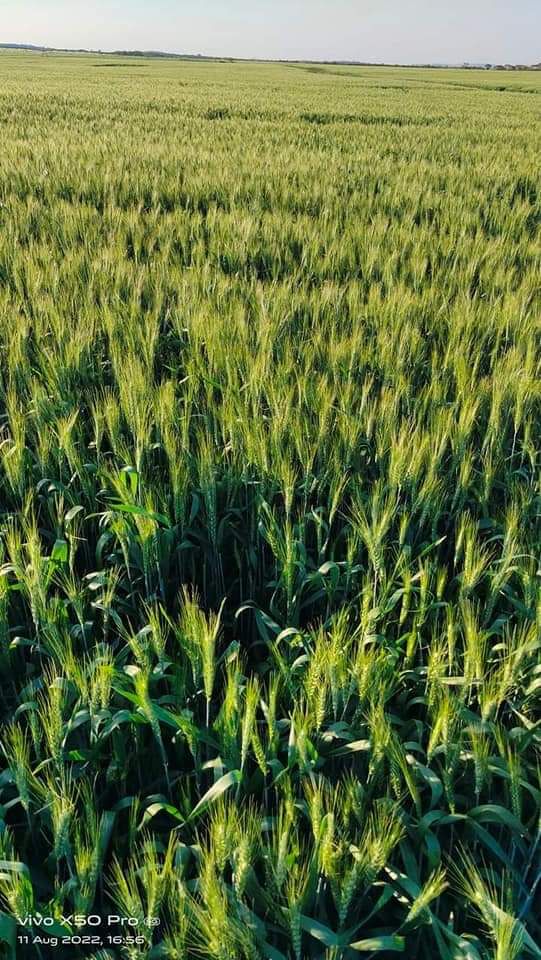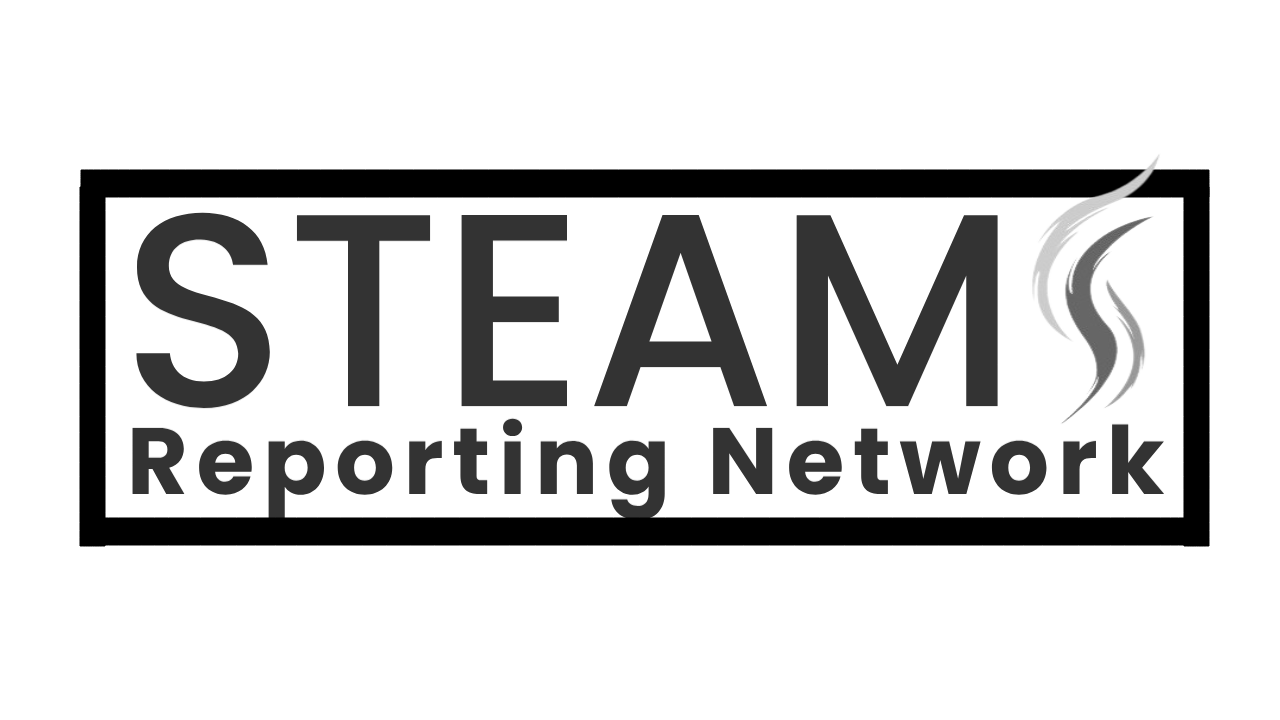Urgent Call for Youth to Join Agaric Investment and End Food Insecurity
The Assistant Director of Planning at the Ministry of Agriculture, Forestry and Food Security Mr. Sahr Joseph Kaifeneh urges youths to embrace corporate farming at a One-Day Seminar on agaric investment at Bank Complex Kingtom, Freetown.
Stark Reality, 15% of Sierra Leoneans go to bed hungry due to reliance on food imports. Mr Sahr Josepha Kaifeneh calls on young people to learn about Agaric Financing and Corporate Farming, a path to food security and economic prosperity. Agriculture’s Importance: He emphasizes agriculture’s crucial role in food security, development, and jobs, contributing 75% to GDP. Corporate Farming Solution: Small-scale farming limitations necessitate larger operations. Agaric’s land listing initiative offers accessible farm plots for investment.
Infrastructure Challenges, Poor road networks in villages hamper farm-to-market transport, causing produce losses. Mr. Kaifeneh urges improved infrastructure investment. Land Availability, Sierra Leone has over 500,000 acres of unused land, including wetlands suitable for climate-resilient farming. Collaboration and Action: Mr. Kaifeneh welcomes collaboration with ICC Investment Company and calls on all to address food insecurity, not just talk.
Attend the One-Day Seminar on Agaric Investment and learn how to be part of the solution. Join the fight against hunger and build a food-secure future for Sierra Leone,
According to the most recent data available, between 13.9% and 15.4% of Sierra Leoneans experience moderate or severe food insecurity, meaning they don’t always have enough food to meet their dietary needs. This information comes from various sources, Global Hunger Index (GHI) 2023: Sierra Leone scores 31.3 on the GHI, placing it in the “serious” category for hunger.
Food Security Monitoring System (FSMS) analysis, August 2022: 81% of Sierra Leonean households were unable to meet their basic food and nutrition needs, with 15% experiencing severe food insecurity and requiring emergency food assistance.
It’s important to note that the exact percentage can vary depending on the study methodology, timeframe, and specific region within Sierra Leone. However, all sources paint a clear picture of a significant hunger problem affecting a considerable portion of the population, and here are some additional factors contributing to food insecurity in Sierra Leone
Reliance on food imports: Sierra Leone depends heavily on imported rice, which makes it vulnerable to price fluctuations and global market disruptions. Droughts, floods, and unpredictable weather patterns impact agricultural production and food availability Many farmers lack access to land, equipment, and fertilizers, hindering their productivity. Inadequate roads and transportation networks make it difficult for farmers to get their produce to markets.
Addressing these challenges requires a multi-pronged approach, including promoting sustainable agriculture practices, creating better market access for farmers, and diversifying food sources beyond imported staples. Also remember, hunger is a complex issue with multiple causes and interconnected solutions. These statistics provide a helpful snapshot of the current situation in Sierra Leone.



